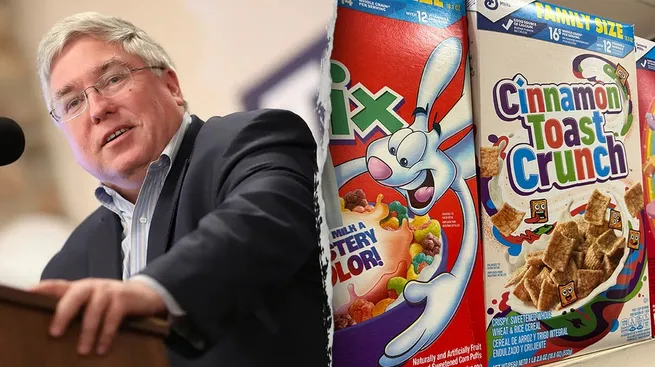West Virginia’s Food Safety Initiative
West Virginia is set to take significant steps towards food safety by prohibiting certain synthetic dyes and additives, following the recent signing of House Bill 2354 by Governor Patrick Morrisey. This landmark legislation marks the state’s most extensive effort to regulate food ingredients, aiming to improve public health, especially for children.
Key Provisions of the Legislation
- Starting August 1, seven artificial food dyes, including Red Dye No. 3 and Yellow Dye No. 5, will be banned from school lunches.
- By January 1, 2028, these dyes, along with two preservatives, will be banned from all food sold in the state.
Support and Criticism
Supporters argue that eliminating harmful chemicals could enhance health outcomes in a state that ranks low in many public health metrics. Governor Morrisey emphasized the importance of this move for the long-term well-being of West Virginians. However, critics, including representatives from American Beverage, warn that the ban could lead to:
- Higher food prices
- Limited consumer choices
- Job impacts within the local economy
Broader Trends in Food Safety
This food safety initiative reflects a growing trend among states to limit certain food additives, sparking a discussion about health safety and regulatory practices. As the state implements these changes, the balance between health benefits and economic implications continues to be debated.
Für mehr Informationen lesen Sie auf FOX News


















Diskussion darüber post